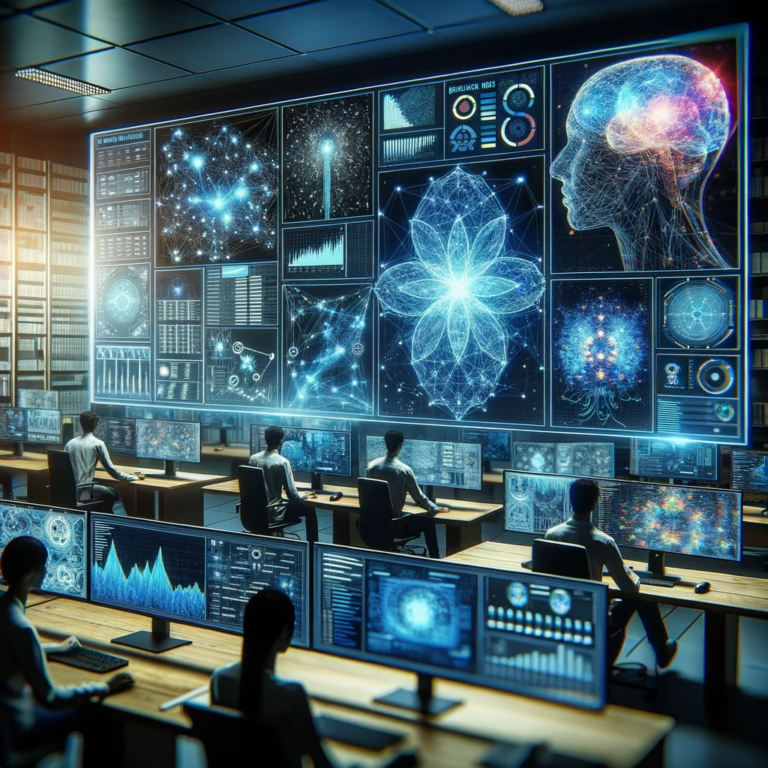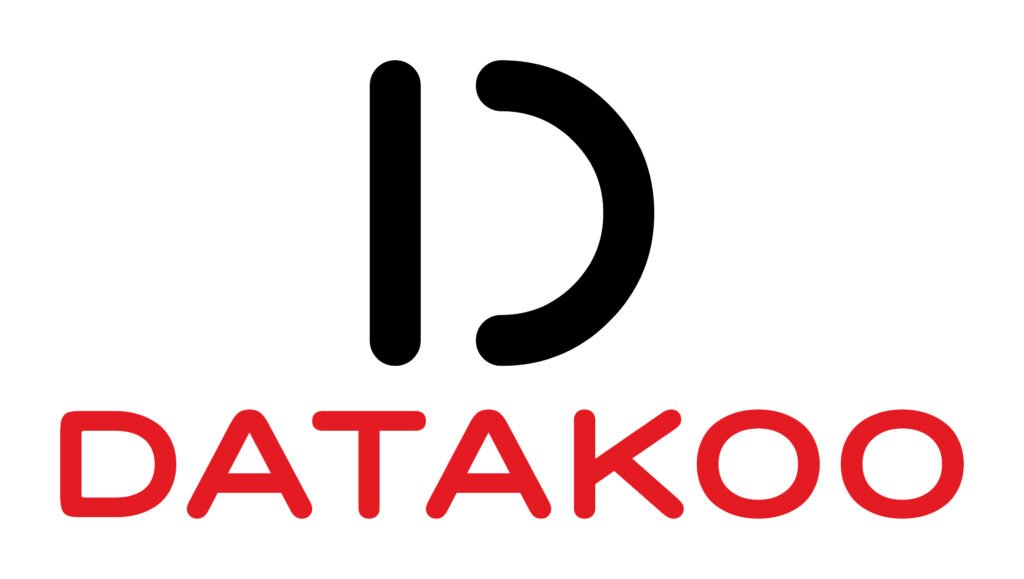The Internet of Things: How Connectivity is Changing Our World
Welcome to the Datakoo Consulting blog! Here you will discover the latest trends, tips and insights in the field of data. Join us to explore the innovations, successes, and feedbacks that are shaping our industry.
DATAKOO CONSULTING
The Internet of Things: How Connectivity is Changing Our World

In an increasingly connected world, where the boundaries between the virtual and the real are gradually fading, the Internet of Things (IoT) stands out as one of the most significant technological revolutions of our time. But what exactly is it? Far beyond a mere buzzword, IoT is a tangible reality that is redefining how we interact with our environment, deeply transforming our daily lives, our cities, and even our way of thinking about society.
IoT: Ubiquitous Connectivity
To understand the scope of the Internet of Things, one must first grasp its essence. In simple terms, IoT refers to a network of physical objects—devices, vehicles, buildings, and much more—equipped with sensors, software, and other technologies that enable them to collect and exchange data with other devices via the Internet.
Imagine a world where your refrigerator alerts you when you’re running low on milk, your watch monitors your health in real-time, and your autonomous car drives you safely to your destination while optimizing its route based on live traffic data. This might sound futuristic, but these examples are already a reality, and they are just the beginning.
Transforming Everyday Life
One of the earliest manifestations of IoT in our daily lives is undoubtedly the smart home. Today, millions of people use voice assistants like Alexa or Google Home to control their lighting, adjust their home’s temperature, or manage their music. But IoT goes far beyond these common uses.
Take the example of smart thermostats like Nest, which can learn your habits to automatically regulate your home’s temperature, offering optimal comfort while reducing your energy consumption. Home security systems have also been revolutionized, with connected cameras and smart doorbells allowing you to monitor your home remotely and receive instant alerts in case of suspicious activity.
But that’s not all. IoT is also starting to infiltrate our wardrobes, with smart clothing that tracks our sports performance or regulates body temperature. Even our health is not immune to this revolution: connected medical devices continuously monitor patients’ vital signs, enabling early detection of health issues and rapid intervention.
Connected Cities and Businesses
Beyond the home, IoT is transforming our cities, making them smarter and more efficient. Connected cities, or “smart cities,” use sensors to optimize resource management. For example, air quality sensors can alert authorities in case of excessive pollution, allowing for quick corrective actions. Traffic management systems, in turn, adjust traffic lights in real-time to smooth traffic flow, reduce congestion, and consequently lower greenhouse gas emissions.
In the business world, IoT also opens up unprecedented opportunities. Companies use sensors to monitor the status of their equipment in real-time, enabling predictive maintenance that reduces downtime and repair costs. In logistics, connected tracking devices allow for monitoring every step of goods transportation, ensuring timely and safe deliveries.
The Challenges of IoT: Security and Privacy
However, this revolution is not without its challenges. The massive deployment of IoT raises crucial questions about security and privacy protection. Each connected object is a potential entry point for cyberattacks, and the massive amount of data collected poses significant confidentiality issues.
Imagine your connected refrigerator being hacked, granting access to your entire home network, or the data collected by your autonomous car being exploited without your consent. To address these concerns, considerable efforts are being made to strengthen the security of IoT devices, but the challenge remains immense.
The Future of IoT: A Permanent Revolution
So, where is the Internet of Things headed? The potential is enormous. As technologies evolve, IoT could transform sectors as diverse as healthcare, agriculture, education, and many more. Innovations in artificial intelligence and 5G will further amplify the impact of IoT, making connections faster, more reliable, and smarter.
Autonomous vehicles, for example, could become the norm within a few decades, radically changing the way we think about transportation and urban planning. In the medical field, connected implants could revolutionize the treatment of chronic diseases by continuously monitoring and adjusting patients’ treatments in real-time.
In conclusion, the Internet of Things is far more than a simple technological evolution. It is a profound transformation that touches every aspect of our lives. As we move forward into this era of ubiquitous connectivity, it is essential to remain vigilant about the challenges that accompany it, while embracing the countless opportunities it offers. In this increasingly connected world, one thing is certain: IoT is here to stay, and its impact will only continue to grow.
Start your data revolution today
Datakoo Consulting is not just a consulting firm; we are your beacon in the complex ocean of data. Our mission is to turn your raw data into valuable insights, illuminating the path to informed strategic decisions. With a team of passionate experts and tailored solutions, we lay the foundation for a data-driven future for your business.
